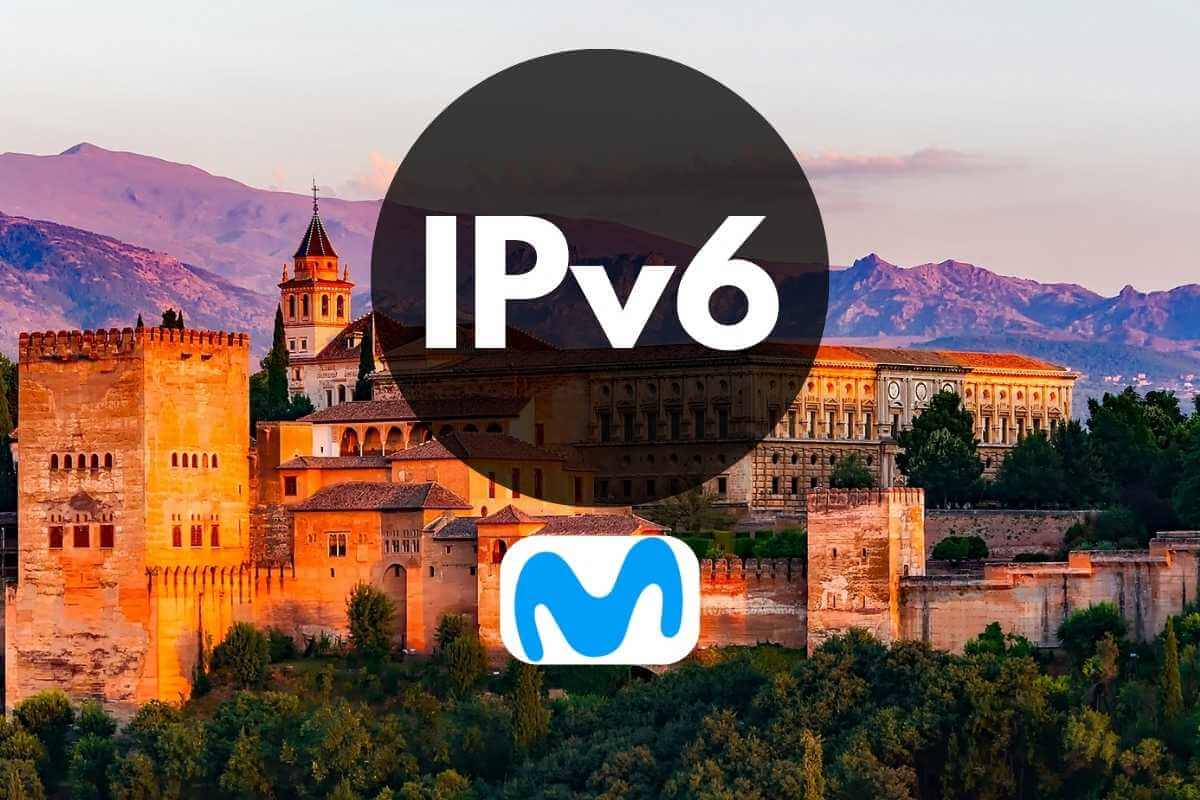
Spanish telecom service provider Movistar, a subsidiary of Telefonica, has announced the successful completion of the IPv6 (Internet Protocol version 6) deployment across its entire mobile network. This significant achievement makes Movistar the first operator in the country to fully address IPv6 for internet traffic on mobile devices, including 2G, 3G, 4G, and 5G connections. Telefonica said the deployment was also carried out for O2, a subsidiary brand of Movistar.
Also Read: Telefonica Spain to Close All Copper Exchanges by 2024
Improved Network Performance and Connectivity
With this comprehensive rollout, Movistar has enabled IPv6 connectivity for its mobile users in any location within its network coverage. IPv6 adoption has become increasingly important as the current pool of IPv4 addresses is running out, and IPv6 offers a significantly larger address space to support the growing number of connected devices.
The deployment of IPv6 in Movistar's network is intended to enhance network performance and provide seamless connectivity for its customers. By leveraging IPv6, Movistar aims to improve access speeds to major content providers who have already adopted IPv6. This upgrade eliminates the need for address translation processes commonly associated with IPv4, resulting in faster and more efficient data transmission.
Also Read: Telefonica and Qwilt Partner for Content Delivery Service
Simplified Architecture and Enhanced Security
One of the key advantages of IPv6 is its simplified addressing and network architecture, which not only improves security but also enables greater scalability for applications. With IPv6, Movistar can deliver services through microservices in the cloud, allowing for more flexible and efficient data distribution.
Currently, Movistar has more than 4 million IPv6 connections across its network. The company plans to extend IPv6 deployment to its fixed broadband network by the end of this year, further enhancing the overall connectivity experience for its customers.
According to the statement, for customers with Android devices purchased from April 2021 onwards, IPv6 support is automatically enabled and transparent. However, customers with devices acquired before that date will need to manually configure the Access Point Name (APN) to 'telefonica.es' to enable IPv6. Movistar also plans to make IPv6 available for iOS devices in the last quarter of 2023, expanding its compatibility across various platforms.
Also Read: Orange Launches 5G+ Network With Reduced Energy Consumption in Spain
User Flexibility to Enable IPv6
Users have the flexibility to activate or deactivate the IPv6 protocol on their devices through the configuration menus, giving them control over their network preferences. Additionally, they can easily determine whether they are accessing content via IPv4 or IPv6 by using online tools and applications that display the IP address used for connectivity.
Movistar said the deployment began in November 2022 to provide IPv6 addresses to users of mobile lines who had configured the APN 'telefonica.es' on their IPv6/IPv4 compatible device.
Also Read: Orange Spain Expanding 5G+ Network to 30 More Locations by Mid-2023
The completion of IPv6 deployment in Movistar's mobile network marks a significant milestone in the company's commitment to delivering advanced and future-proof network infrastructure to its customers.
By embracing IPv6, Movistar aims to provide faster and more reliable internet connectivity, ultimately enhancing the digital experiences of millions of users across Spain.















